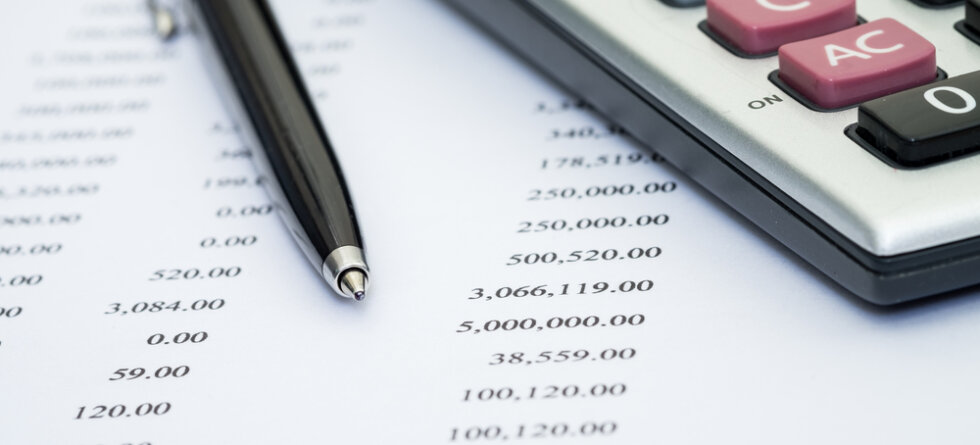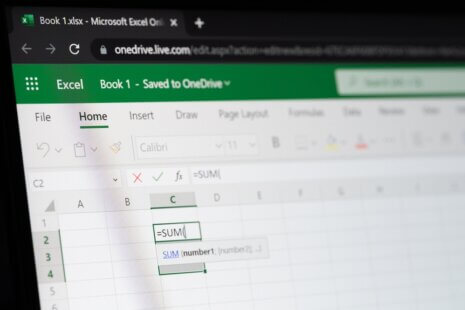The amount you should leave in your business bank account depends on several factors including your company’s cash flow needs, upcoming expenses, and financial goals.
Here are some considerations to help you determine the appropriate amount…
- Operating Expenses – Ensure you have enough funds to cover your day-to-day operating expenses such as rent, utilities, salaries, and supplies for a certain period, typically a few months. This cushion can help you navigate through lean periods or unexpected expenses without facing financial strain.
- Emergency Fund – Set aside an emergency fund for unexpected expenses or emergencies such as equipment repairs, legal fees, or sudden drops in revenue. Many financial advisors recommend having at least three to six months’ worth of expenses saved in an emergency fund.
- Taxes – Keep enough funds in your business account to cover taxes. This includes income taxes, payroll taxes, sales taxes, and any other applicable taxes your business may owe. Failure to set aside tax money can lead to financial difficulties and potential penalties.
- Investment Opportunities – Evaluate potential investment opportunities or expansion plans for your business. Keeping some funds in reserve can provide the flexibility to take advantage of these opportunities when they arise.
- Debt Service – If your business has loans or lines of credit, ensure you have enough funds to make scheduled debt payments.
- Cash Flow Forecast – Regularly review your cash flow forecast to anticipate any upcoming cash needs or fluctuations. Adjust the amount you keep in your business account based on this analysis.
- Buffer for Account Minimums and Fees – Some business bank accounts may have minimum balance requirements or fees for falling below a certain balance. Keep a buffer to avoid incurring unnecessary fees.
- Personal Withdrawals – If you regularly withdraw funds from your business for personal expenses, factor these withdrawals into your account balance considerations.
It’s essential to strike a balance between keeping enough funds in your business account to cover expenses and investments while ensuring excess funds are not sitting idle and could be better utilized elsewhere. Regularly review your financial statements, cash flow projections, and business goals to adjust the amount you keep in your business bank account accordingly. Consulting with a financial advisor or accountant can also provide valuable insights tailored to your specific business circumstances.




